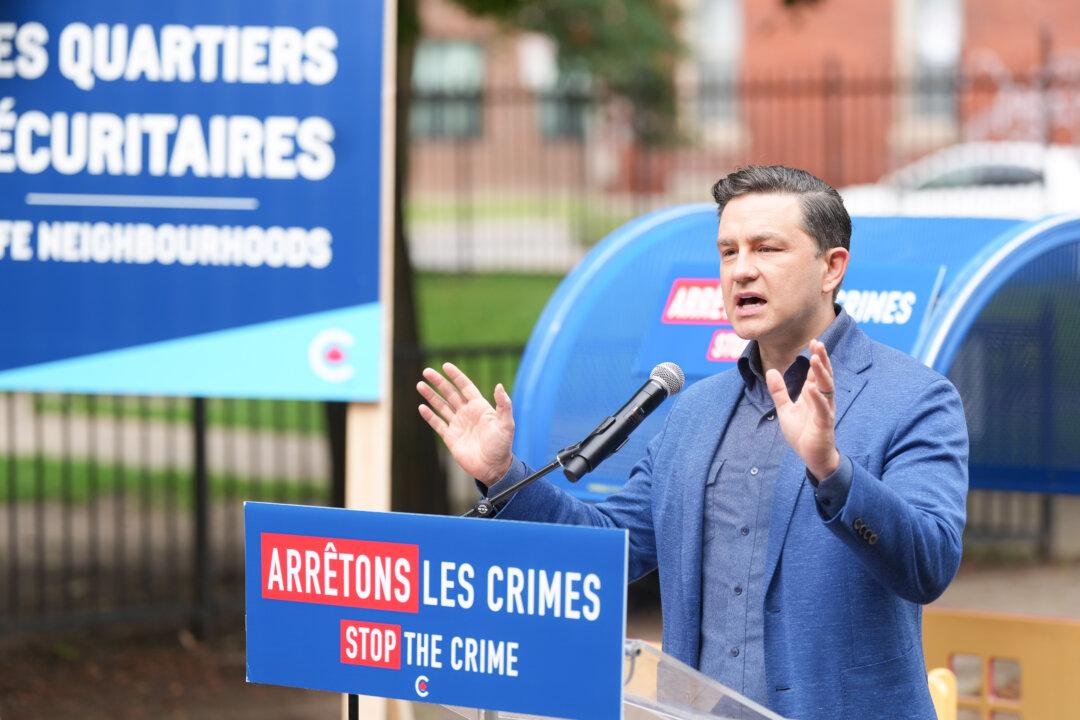Conservative Leader Pierre Poilievre said he is exploring a policy similar to Alberta’s proposed approach of forced intervention for drug addiction in certain circumstances, saying he would need to study the issue further before coming to a decision.
“I need to study it more. I need to understand how it would work,” Mr. Poilievre said when asked about the policy during a July 25 press conference.





